Written by: Mahnaz Shujrah
Posted on: August 25, 2016 |  | 中文
| 中文
Woman in Rumbur Valley, washing clothes in the river (photo: Aiza Hasib)
When we find ourselves in the depths of unknown waters, we either feel trapped or feel free. This is the story of when I met the Kalash...and how I realized I love swimming. If I was to start my story by describing how I got here, then it would take a long time for me to get to what I really want to share. So I'll cut to the chase.
We often think in terms of binaries. Like native/foreign, modern/traditional, rational/irrational, and us/them. The act of finding similarities is simultaneously an act of discovering differences. And one of the biggest differences between “us” and “them” is that we are Muslims living in a predominantly Muslim state, while they are a minority tribe who have preserved their pagan roots, and who still worship their prehistoric gods in outdoor temples. Privileges often work in such a way that those who have them don't really see how they are benefitting them. Think of being a Muslim in Pakistan as being a fish in water – you’ll never realize that you're wet.
In Rumbur, one of the smaller valleys of Kalash, I was far away from the hustle and bustle of everyday life. It was a beautiful place to live; not only was it picturesque, with the turquoise river that rushed through the village side and the two mountains behind which the sun rose each day, but it was also beautiful in its remoteness and seclusion. Here I was, standing in the middle of the Hindu Kush Mountains, amidst one of the most unique and exotic cultures in the world.
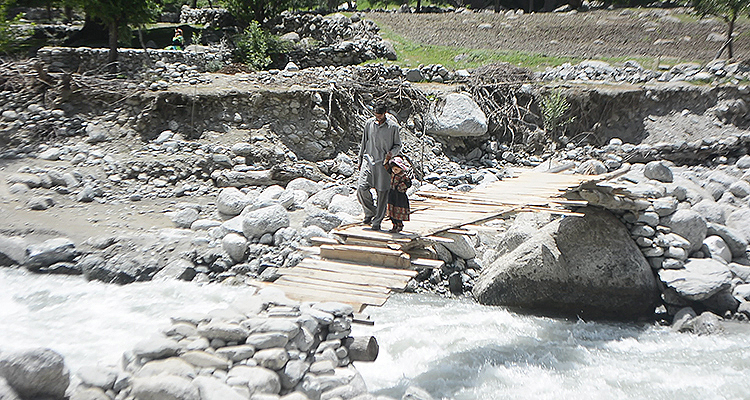
It has long been believed that the Kalash community descended directly from the Greek-Macedonian armies of Alexander the Great, who occupied this region in the 4th century BC, more than 2,000 years ago. Unfortunately, the Kalash were viciously conquered by Afghans in the 19th century. Their places of worship were obliterated, their women forcibly covered, and their people converted to Islam against their will in large numbers. Only a small minority of people from this ancient race survived, who till this day live in three remote valleys located in the north of present-day Pakistan.
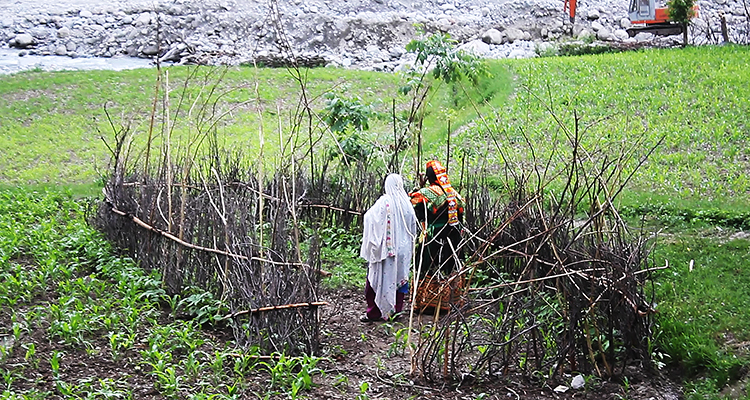
The Kalash population continues to plummet in the 21st century. It has fallen from around 10,000 in the 1950s to about 3,000 today. The people are under constant threat, either from militant groups across the border, or clusters of people who consider it their responsibility to forcibly convert them. Although political groups do give them due acknowledge from time to time, it is more of a display of social responsibility, and the rights that these people have are very limited. In fact, it was only last year that they were recognized by NADRA (National Database and Registration Authority) as a separate column, after Christians, Hindus and Buddhists. The infrastructure and facilities, such as schools and medical care, are far below standard. It is true that these people are very committed to their way of life, but that doesn’t mean that they are not even entitled to a functional road leading into the cities. The floods that occur in this region are devastating; the ones that took place last year destroyed the main road and other livelihood of the community. There are local and international NGOs that occasionally help the people, but these are band-aid solutions. They say if you wish to help someone, don't give them fish; rather, teach them how to catch fish.
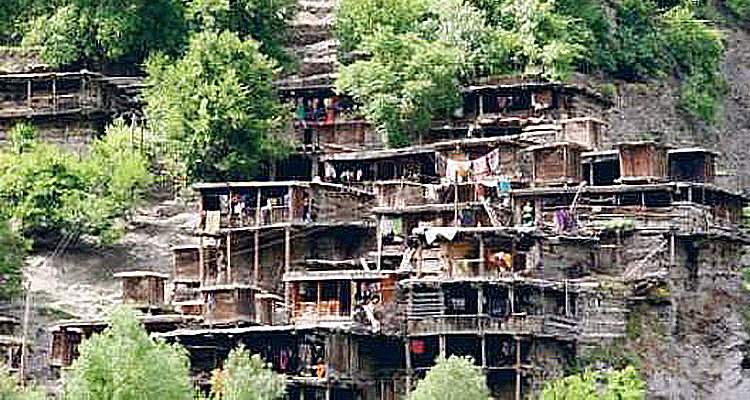
You can learn a lot about a community by observing its children. Boy or girl, every child that I saw in Kalash went to school. The schools aren't spectacular; there is limited space and supplies, but the teachers are very motivating. Some parents can't afford higher level classes or even basic schooling, but the community works together to overcome this. It came as a surprise to me that all the students were made to study and pass Islamiat exams. Every morning you could hear them reciting Surahs in assembly.
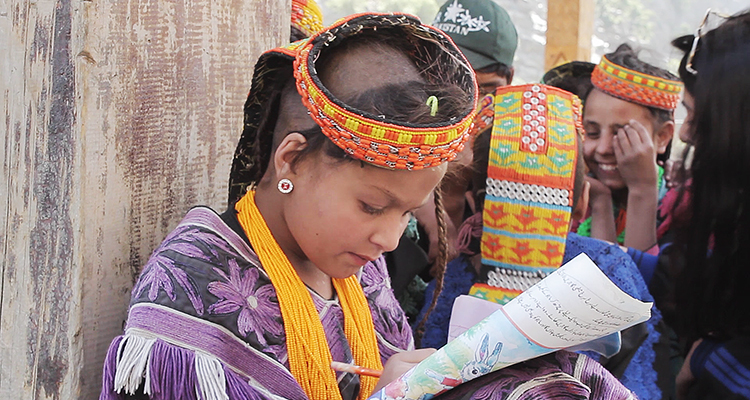
Going into a community that is very much oppressed by its surroundings, one naturally expects its inhabitants to be somewhat hesitant towards outsiders. In this case, however, we found the opposite to be true. People in Pakistan are generally known for their hospitality, but the Kalash are the best example I’ve found of that anywhere in the country. They welcomed us into their homes, their schools, their families, and their rituals. They invited us to dinner and to join them in their celebrations. Despite differences of religion, language, culture, attire, and way of life, we strongly connected with them, as people. The Kalash and Muslim communities that reside in these valleys live in relative harmony. It is often the outsider who doesn't understand how to surf in large waves, and who causes trouble as a result.
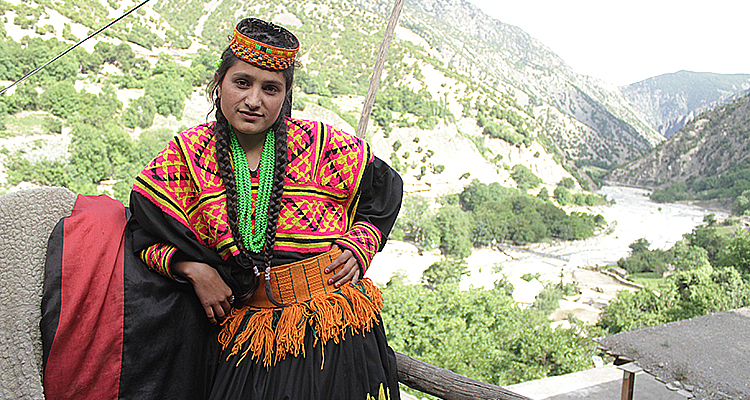
It is time we started treating the Kalash as a part of our national identity. It is time we stopped showcasing them to international agencies in the quest for tourists and aid, and disregarding them for the remainder of the year. The Kalash are a part of this land just as much as we are, and if we don't start teaching ourselves how to swim, there may be no sea of vast cultures left on this land by the time our children grow up.
You may also like: